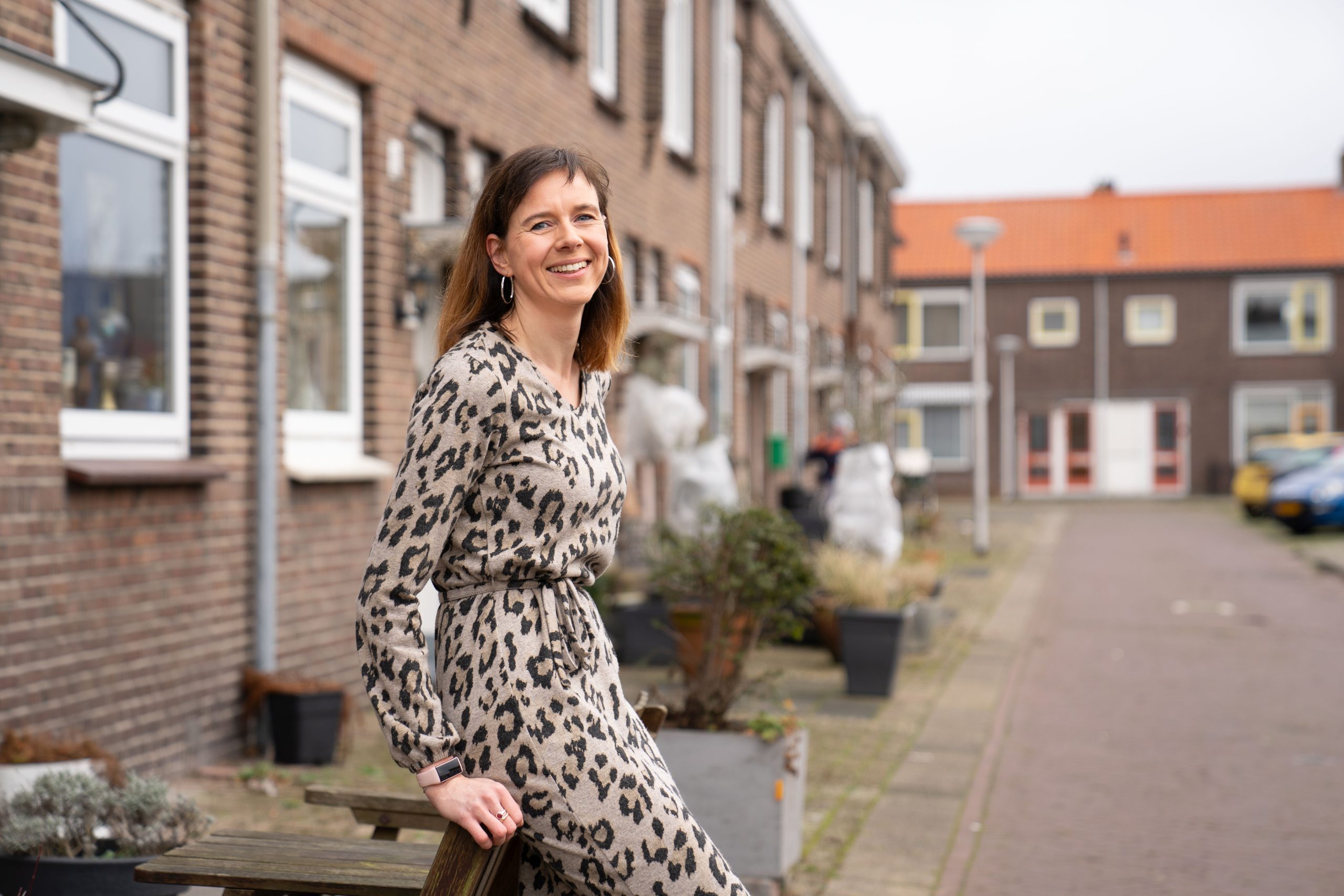Student accommodation and the growth of TU Delft are returning themes in the election manifestos of Delft’s political parties. A series of interviews with party candidates.
Lieke van Rossum: “Small-scale education is better than big, bigger, biggest education.” (Photo: Alyssa van Heyst)
SP party candidate Lieke van Rossum had always hated politics. “Too many political games,” she believed. Yet, in 2006 she ended up in the Municipal Council for the Socialistische Partij (socialist party). The seed was planted during her Industrial Design Engineering course at TU Delft. “I realised that I was living in a separate world, in a bubble,” she says. “I decided that if I would live in Delft, I had to be part of the city. As I had always supported the ideas of the SP, I joined the party.”
You have ideas for different types of housing. What would you do about the shortage of student rooms?
“By its very nature student accommodation is a shared responsibility between TU Delft and the Municipality. The Municipality has already taken that responsibility over the years. It is time for TU Delft to do more. This means more student housing on campus. We would like other forms of housing too as we could well use TU Delft’s land to tackle the housing shortage. We would like to see social housing and housing for young starters there, for example.”
TU Delft would then have to agree. How will you convince TU Delft?
“The first problem is that TU Delft is too powerful. This has grown over time, but I do believe that the Municipality gives TU Delft too much leeway. Take the covenant (in Dutch) that TU Delft and the Municipality signed in 2016 for example. It was mostly about what the Municipality could do for TU Delft and hardly the other way round at all. The Municipality should stand more firmly and say that if TU Delft intentionally attracts students to the city, it should also make sure that they have somewhere to live.”
‘One thing is clear, no more growth‘
Many of the election programmes centre around the growth of TU Delft. How do you envision the future of TU Delft?
“We have already reached the growth limit. Not only because TU Delft has a heavy presence in the city, but also because the SP believes that small-scale education is better than big, bigger, biggest education. We do not think that TU Delft should grow anymore, and we will use various administrative means to do this. I cannot say right now what these will be. But one thing is clear, no more growth.”
Can you mention one thing that the SP did for students and other young people last year?
“The Prinsenhof Museum is free to everyone living in Delft once a month, including young people and students. This wonderful museum has an important educational and cultural value. I am proud that we achieved this.”
If you had a big pot of money, what would you spend it on?
“I would put that money into local amenities as cutbacks have done away with a lot over the years. The people of Delft who I spoke to are proud of their city, but I see that their enjoyment of their homes and surroundings has diminished because of the cutbacks. What amenities I would bring back depends on the neighbourhood. The one needs a playground while the other a community centre. You need to look at each individual neighbourhood to see what is best.”
-
For this interview series, the editors of Delta approached all participating Delft political parties by email, sms, phone, Instagram, LinkedIn and Facebook. Despite repeated contact attempts, we did not succeed in scheduling interviews with Bij1Delft, Onafhankelijk Delft and Volt. Read the election programmes of all participating political parties in Delft via this link (in Dutch).
Do you have a question or comment about this article?
a.m.debruijn@tudelft.nl


Comments are closed.